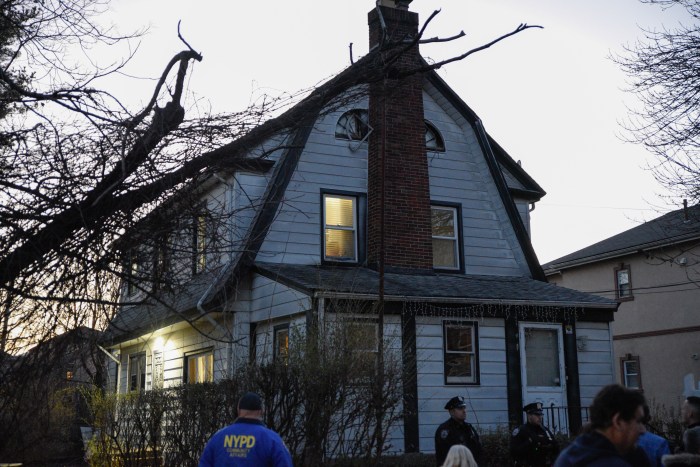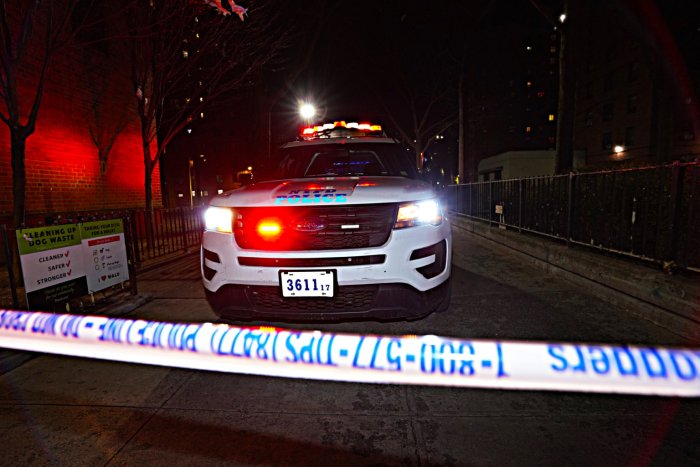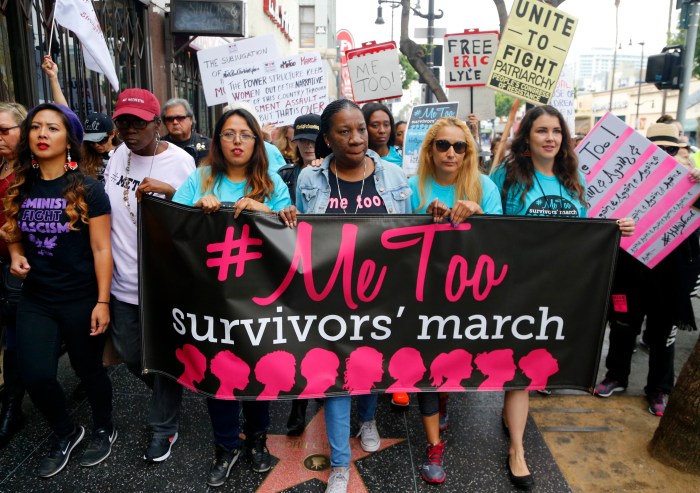Although…
By Dustin Brown
A resolution protecting the job security of the borough’s nearly 1,500 striking bus workers has earned the support of an overwhelming majority of city council members, removing one of the final stumbling blocks to ending the monthlong walkout.
Although Borough President Helen Marshall had already hammered out a tentative deal to provide $2 million in funding for medical benefits, lingering concerns over job protection have prevented union members from going back to work.
The strike has forced 115,000 Queens riders to seek other forms of transportation.
City Councilman Tony Avella (D-Bayside) said between 34 and 37 of the City Council’s 51 members have signed onto a resolution that was to be introduced Wednesday which requires the Council to protect the jobs, wages, benefits and pensions of the bus workers and preserve their union structure.
Although the resolution has no power unto itself, Avella said it sends a clear message that the City Council will put such protections in place once the city Department of Transportation submits an authorizing resolution to bid out the franchise agreements for the private bus lines. The present agreements expire at the end of 2003.
“The resolution…shows the workers that they have overwhelming support, and hopefully that in conjunction with what’s being done on other levels with health and welfare benefits will be enough to get them back to work and end the strike,” Avella said.
The competitive bid process allows other companies to compete for the franchise agreement to operate the private bus lines, which supplement MTA buses and provide a vital means of transport within the borough. But union members fear they will lose their jobs — as well as benefits and pensions they have accrued for years — if new companies win the franchise agreements and choose to hire entirely different staffs.
“We’re not saying if we’ve got 1,460 workers that they must keep all 1,460,” said Eddie Kay, the director of organizing for Transport Workers Union Local 100, which represents the 1,460 striking drivers and mechanics. “It’s whatever bus drivers they need, we have to be the ones.”
Mayor Bloomberg responded to news of the resolution by accusing the council members of “pandering for votes” and indicating that the city never guarantees jobs.
The buses operated by Queens Surface Corp., Triboro Coach and Jamaica Buses have sat idle since June 17, when workers walked off the job citing the city’s refusal to increase the funding of the union’s health plan.
The city heavily subsidizes the private bus lines and must approve any contract negotiated between the union and company management. Drivers and mechanics for the three bus lines have gone without a contract for a year and a half.
Marshall helped broker a tentative deal two weeks ago in which the city would immediately advance the bus companies $2 million to fund the medical plan, and then gradually deduct an equivalent amount from the subsidy over time, keeping the overall city funding unchanged. Thus the bus companies would effectively pay for the health benefits themselves, making up the $2 million by improving productivity and operating more efficiently.
But that agreement failed to end the strike because some members of the union felt questions about job security had yet to be settled.
Now that issues of job security and health care have been addressed, Kay said the union is only waiting to settle final details about compensation and medical benefits over the third year of the three-year contract.
“And then we’re there,” he said.
Reach reporter Dustin Brown by e-mail at Timesledger@aol.com or call 229-0300, Ext. 154.
































